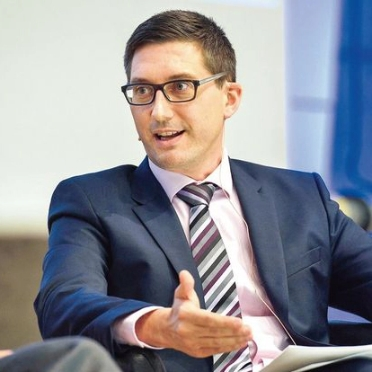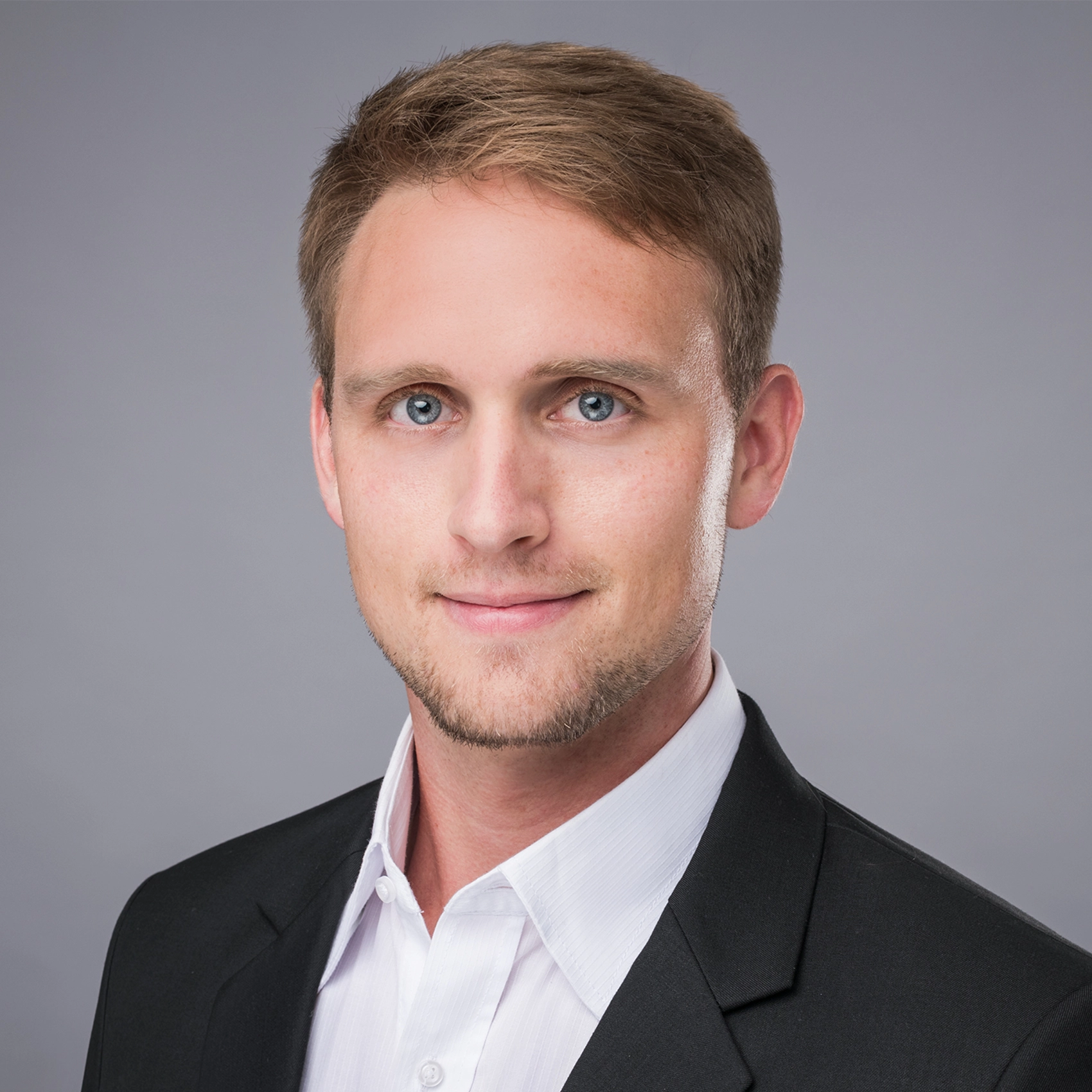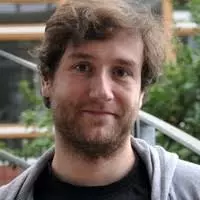Database Systems and Information Management
Big Data, Data Streaming, Distributed Data
Machine Learning
Interpretable ML Methods, Data Modeling, Anomaly Detection
Data Integration and Data Preparation
Databases, Data Integration, Data Mining
Management of Data Science Processes
Data Management for ML, Responsible Data Management, Debugging of ML pipelines
AI in Clinical Medicine
AI-supported clinical decisions support systems, Data science applications in healthcare, Deep Learning
Machine Learning in Pathology
Big Data Engineering
Data Science Abstractions and Systems, Performance-Accuracy Tradeoffs in Data Science, Data Cleaning Pipelines and Optimization
Big Data Analytics for Earth Observation
Data Management and Machine Learning for Earth Observation
Machine Learning and Security
Intelligent Security Systems and Attack-Resilient Machine Learning
Explainable Machine Learning in Medicine
Explainable AI, Machine Learning, Medical Applications
Probabilistic Modeling and Inference
Probabilistic Modeling, Bayesian Inference, Uncertainty Estimation
Intelligent Biomedical Sensing
Biomedical Engineering & Multimodal Data Analysis for Wearable Neurotechnology
Machine Learning for Molecular Simulation in Quantum Chemistry
Many-Body Dynamics, Physics-Informed Models, Numerical Methods
Distributed Data Stream Processing in Heterogeneous Environments
Heterogeneous Data Streams, Distributed Fog and Edge Environments, IoT Data and Application Management















